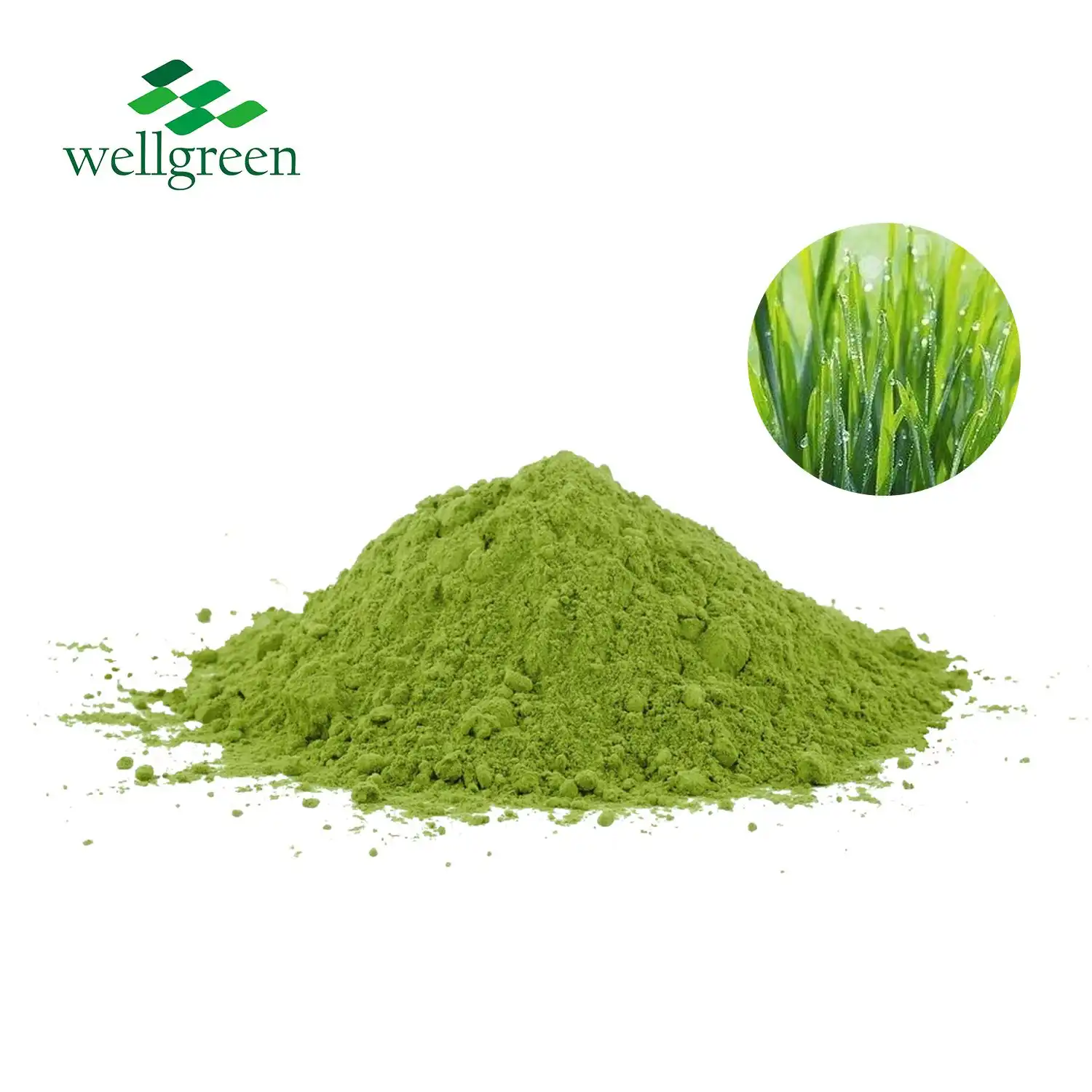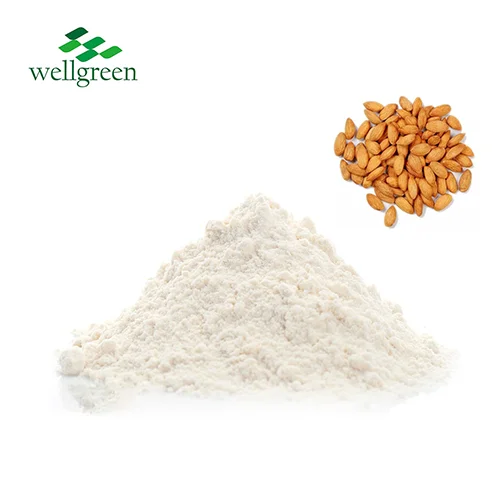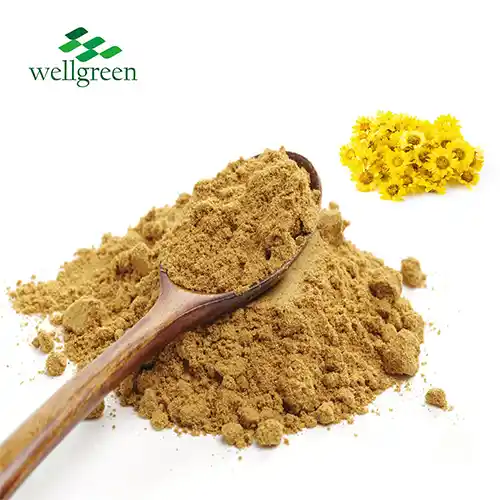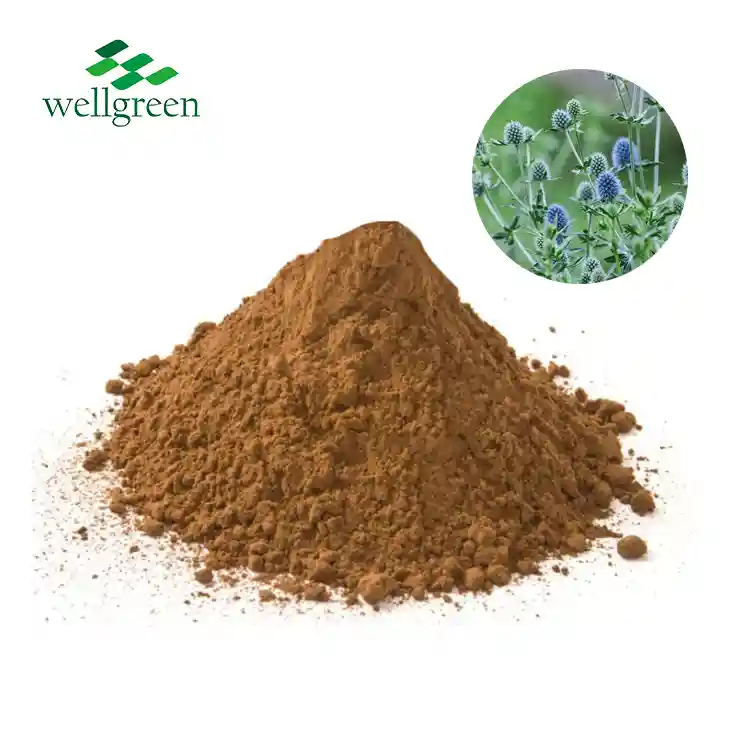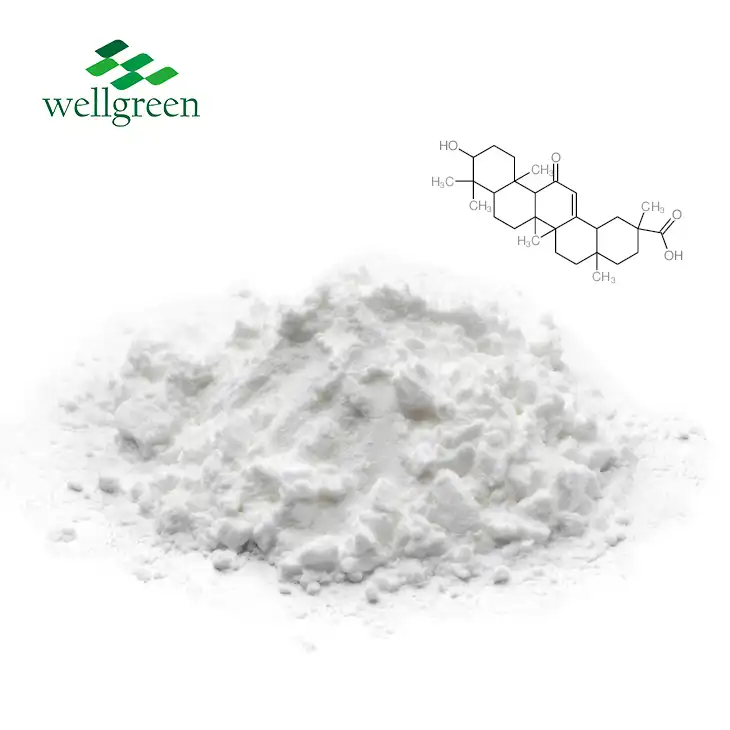Prickly Pear Extract and Diabetes: What You Need to Know
2025-07-31 15:21:40
Prickly pear extract, derived from the Opuntia ficus-indica cactus, has garnered attention for its potential benefits in managing diabetes. This natural supplement shows promise in regulating blood sugar levels, potentially offering a complementary approach to conventional diabetes treatments. Rich in antioxidants, fiber, and vitamins, prickly pear cactus extract may help improve insulin sensitivity and reduce glucose absorption. While research is ongoing, early studies suggest that incorporating prickly pear extract into a balanced diet and lifestyle may support better glycemic control for individuals with type 2 diabetes. However, it's crucial to consult with a healthcare professional before adding any new supplement to your diabetes management plan, as prickly pear extract can interact with certain medications and may not be suitable for everyone.
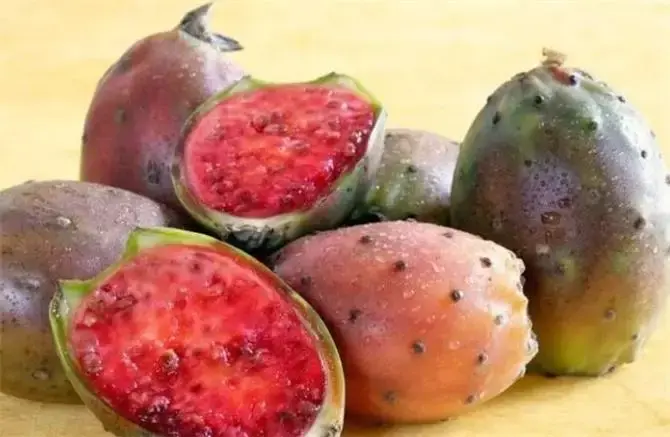
Can Prickly Pear Extract Help Regulate Blood Sugar?
Prickly pear extract has shown promising results in helping to regulate blood sugar levels, particularly in individuals with type 2 diabetes. The extract's potential to influence glucose metabolism has sparked interest among researchers and health enthusiasts alike.
Glycemic Control Benefits
Studies have indicated that prickly pear extract may contribute to improved glycemic control. The active compounds in the extract appear to slow down the absorption of glucose in the intestines, leading to a more gradual rise in blood sugar levels after meals. This effect can be particularly beneficial for individuals struggling to manage their diabetes.
Insulin Sensitivity Enhancement
Another significant aspect of prickly pear extract's influence on blood sugar regulation is its potential to enhance insulin sensitivity. By improving the body's response to insulin, the extract may help cells absorb glucose more efficiently, thereby reducing overall blood sugar levels. This mechanism could be especially valuable for those with insulin resistance, a common feature of type 2 diabetes.
Antioxidant Properties and Blood Sugar
The rich antioxidant content of prickly pear extract may also play a role in blood sugar regulation. Antioxidants help combat oxidative stress, which is often elevated in individuals with diabetes. By reducing oxidative damage, the extract may indirectly support better glucose metabolism and overall pancreatic function, potentially aiding in long-term blood sugar management.
Mechanisms Behind Its Anti-Diabetic Effects
The anti-diabetic effects of prickly pear extract are attributed to several complex mechanisms that work synergistically to influence glucose metabolism and insulin function. Understanding these mechanisms provides insight into how this natural extract may benefit individuals with diabetes.
Pectin and Fiber Content
Prickly pear cactus extract is rich in pectin and other dietary fibers. These components play a crucial role in slowing down the digestion and absorption of carbohydrates in the gastrointestinal tract. By forming a gel-like substance, pectin can reduce the rate at which glucose enters the bloodstream, leading to a more gradual and controlled rise in blood sugar levels after meals. This effect can help prevent sudden spikes in glucose, which are particularly problematic for individuals with diabetes.
Bioactive Compounds and Glucose Metabolism
The extract contains various bioactive compounds, including flavonoids and polyphenols, which have been shown to influence glucose metabolism. These compounds may enhance the activity of enzymes involved in glucose utilization and storage, such as glucokinase and glycogen synthase. By modulating these enzymatic pathways, prickly pear extract can potentially improve the body's ability to process and store glucose effectively, contributing to better overall glycemic control.
Inflammation Reduction
Chronic inflammation is often associated with insulin resistance and impaired glucose metabolism. Prickly pear extract exhibits anti-inflammatory properties that may help mitigate this inflammatory response. By reducing inflammation, particularly in adipose tissue and the pancreas, the extract could potentially improve insulin sensitivity and protect pancreatic beta cells from damage. This protective effect may contribute to maintaining adequate insulin production and function over time, which is crucial for managing diabetes.

Clinical Research on Prickly Pear and Glucose Metabolism
Clinical research on prickly pear extract and its effects on glucose metabolism has yielded promising results, providing valuable insights into its potential as a complementary approach to diabetes management. These studies have explored various aspects of the extract's impact on blood sugar control and related metabolic parameters.
Glycated Hemoglobin Reduction
Several clinical trials have investigated the effect of prickly pear extract on glycated hemoglobin (HbA1c) levels, a key indicator of long-term blood sugar control. A notable study published in the Journal of Ethnopharmacology found that participants with type 2 diabetes who consumed prickly pear extract for eight weeks experienced a significant reduction in HbA1c levels compared to the placebo group. This finding suggests that regular consumption of the extract may contribute to improved long-term glycemic control.
Postprandial Glucose Response
Research has also focused on the extract's impact on postprandial glucose levels. A study published in Diabetes Care examined the acute effects of prickly pear consumption on glucose and insulin responses after a meal. The results showed that individuals who consumed prickly pear before a high-carbohydrate breakfast experienced lower postprandial glucose levels and a reduced insulin response compared to those who did not consume the extract. This suggests that prickly pear may help modulate the body's glucose response to meals, potentially reducing the risk of postprandial hyperglycemia.
Insulin Sensitivity Improvements
Clinical investigations have explored the extract's potential to enhance insulin sensitivity. A study published in the International Journal of Food Sciences and Nutrition assessed the effects of prickly pear extract on insulin sensitivity in individuals with metabolic syndrome. The findings indicated that regular consumption of the extract led to significant improvements in insulin sensitivity markers, suggesting its potential in addressing insulin resistance, a key factor in type 2 diabetes development and progression.
Conclusion
Prickly pear extract shows promising potential in supporting diabetes management through its ability to regulate blood sugar, enhance insulin sensitivity, and influence glucose metabolism. The natural compounds found in this cactus extract may offer a complementary approach to traditional diabetes treatments. However, while clinical research has yielded encouraging results, it's essential to remember that prickly pear extract is not a substitute for prescribed diabetes medications or a healthy lifestyle. Individuals considering incorporating prickly pear extract into their diabetes management plan should consult with healthcare professionals to ensure its safety and appropriateness for their specific situation.
Contact Us
If you're interested in learning more about prickly pear extract and its potential benefits for diabetes management, or if you're looking for high-quality prickly pear cactus extract products, we invite you to reach out to us. Contact Xi'an Wellgreen at wgt@allwellcn.com for more information on our premium plant extracts and natural organic powders.
References
1. Frati, A. C., et al. (1990). Influence of nopal intake upon fasting glycemia in type II diabetics and healthy subjects. Archives of Internal Medicine, 150(7), 1379-1381.
2. Godard, M. P., et al. (2010). Acute blood glucose lowering effects and long-term safety of OpunDia™ supplementation in pre-diabetic males and females. Journal of Ethnopharmacology, 130(3), 631-634.
3. Linarès, E., et al. (2007). Hypoglycemic effect of Opuntia streptacantha Lem. Journal of Ethnopharmacology, 113(2), 334-340.
4. López-Romero, P., et al. (2014). The effect of nopal (Opuntia ficus indica) on postprandial blood glucose, incretins, and antioxidant activity in Mexican patients with type 2 diabetes after consumption of two different composition breakfasts. Journal of the Academy of Nutrition and Dietetics, 114(11), 1811-1818.
5. Osuna-Martínez, U., et al. (2014). Prickly pear (Opuntia ficus-indica var. saboten) protects against stress-induced acute gastric lesions in rats. Journal of Medicinal Food, 17(9), 968-975.
6. Wolfram, R. M., et al. (2002). Effect of prickly pear (Opuntia robusta) on glucose- and lipid-metabolism in non-diabetics with hyperlipidemia—a pilot study. Wiener Klinische Wochenschrift, 114(19-20), 840-846.

